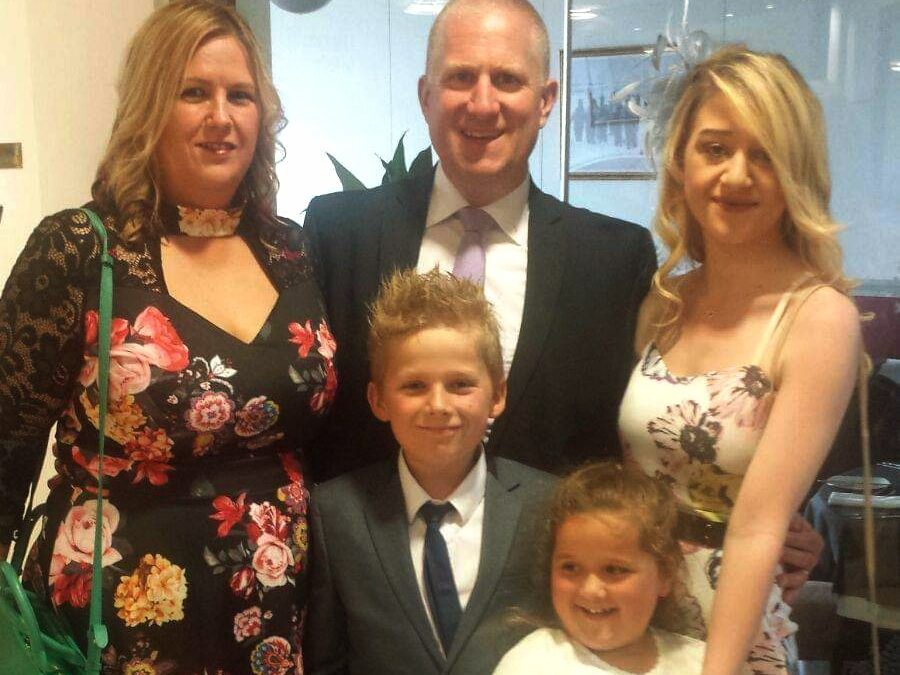Lots of people need a hand to get on the housing ladder. Sometimes parents are able to gift their children money towards a deposit, and they don’t need it back.
However, some parents have funds available to help, but they are relying on that money for their retirement, or for other future plans. In those situations, they may prefer to lend the money for a house deposit, with the expectation that it will be paid back over time.
There’s nothing wrong with either of these approaches, but there are a few legal technicalities that you need to be aware of.
You may want a private loan agreement
If you want assurance that the money will be repaid, then you could draw up a private loan agreement. This will set out when the repayments are due, and whether any interest will be charged. It could be something as simple as a repayment of £500 a month, on the first of every month.
You could also make provision for what happens if repayments are late, or missed repeatedly.
The benefit of a loan agreement is that all the parties are clear on what’s expected of them. You know when the money will be repaid, and when the instalments are due.
The other benefit is that you would have some recourse if the money wasn’t repaid in full. You could go to court for the balance if you wanted to.
The mortgage lender may impose additional terms
Most people who are buying their first home need a mortgage. If this is the case in your situation, then there are a few things to be aware of if you’re lending the money to your child.
Mortgage lenders will usually want to have the only charge over the property. They want the sole right to repossess the property if the borrower defaults on the mortgage payments.
If you have a loan in place with your child, then you may also have a legal interest in the property. That may result in the lender refusing to grant the mortgage in the first place. The lender may also see your loan as an indication that the borrower can’t afford the repayments, and they may only grant a smaller mortgage on those grounds.
With that in mind, you may be forced to make your loan ‘unsecured’, which means you expressly give up any potential interest you may have in the property.
Secured loans will need to be registered with the Land Registry
If your child doesn’t need a mortgage, and you want to protect your loan, you could make it a ‘secured’ loan. This means that your child won’t be able to sell the house without repaying their loan to you.
Secured loans will be registered on the Charges section of the title deeds. We can register the charge for you at the Land Registry.
You may need authorisation from the Financial Conduct Authority
A little known pitfall of this arrangement is the potential to fall foul of consumer credit regulations.
If the repayments on the loan include interest, and you’re taking security for the loan, then you might need authorisation from the Financial Conduct Authority. If your loan does fall within this category, and you don’t have authorisation, then you could be committing a criminal offence.
Gifting the money is more straightforward
When you gift the money, with no expectation of receiving it back, there are fewer hoops to jump through. Lenders will want to see proof that the money is a gift, and you will need to sign some sort of declaration to that effect.
How to lend the money for a house deposit
So with all of that information in the mix, how should you go about lending money to your grown up child for a house deposit?
Broadly, there are three ways to do it.
- Informal agreement
You could make a verbal agreement with your child that you’ll lend them some money, and they will repay you every month. For example you could say that you’ll lend them £10,000 and they will pay you £200 a month until it is repaid. Or you might agree that they will repay it when they sell the house, or when they have the means.
The benefit of this arrangement is that it’s relaxed and informal. The downside is that you may not be repaid in full, and you’ll have a fairly weak argument to take the dispute to court.
This arrangement works well if you are willing to lend the money now, but you would be OK if the loan was not repaid in full in the future.
- An unsecured loan, formalised by written agreement
For a slightly more formal arrangement, you could draw up a private loan agreement, which sets out when the repayments will be made.
You’ll have to disclose the arrangement to a mortgage lender, but if the loan is ‘unsecured’ then the mortgage lender is more likely to accept its existence and lend the mortgage.
The benefit of this arrangement is that you’ll have a stronger argument in a court room if the loan is not repaid.
This arrangement works well if you need assurance that the money will be paid back in full.
- A secured loan, formalised by written agreement
You could lend the money and take security over the property.
This means that your child will not be able to sell the home without repaying your loan.
However, a mortgage lender is unlikely to agree to lend the mortgage if you have this sort of legal interest in the property.
This arrangement is really only suitable if your child doesn’t also need a mortgage. In effect, you are providing a quasi-mortgage and people who provide mortgages need to be authorised by the Financial Conduct Authority.
So if you plan to grant your loan this way, you should take legal advice first, so that you don’t fall foul of the Financial Services and Markets 2000, or the Consumer Credit Act 1974 and inadvertently commit a criminal offence.
How we can help
This question regularly crops up in our work, and we can help you find the best arrangement for you. At the end of the day, it depends on your financial circumstances, and the relationship you have with your child. We can talk through the options with you and guide you through the entire conveyancing process.

